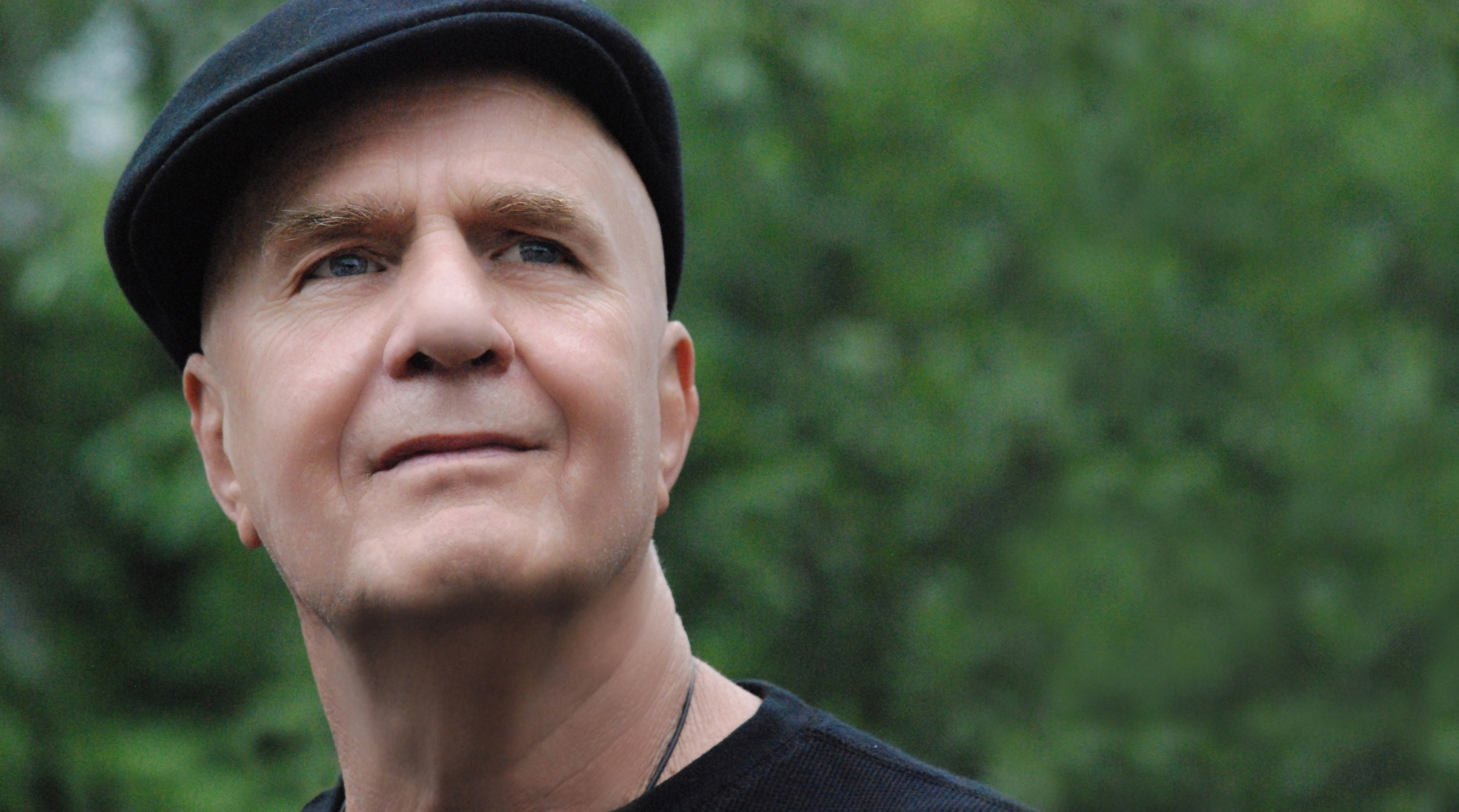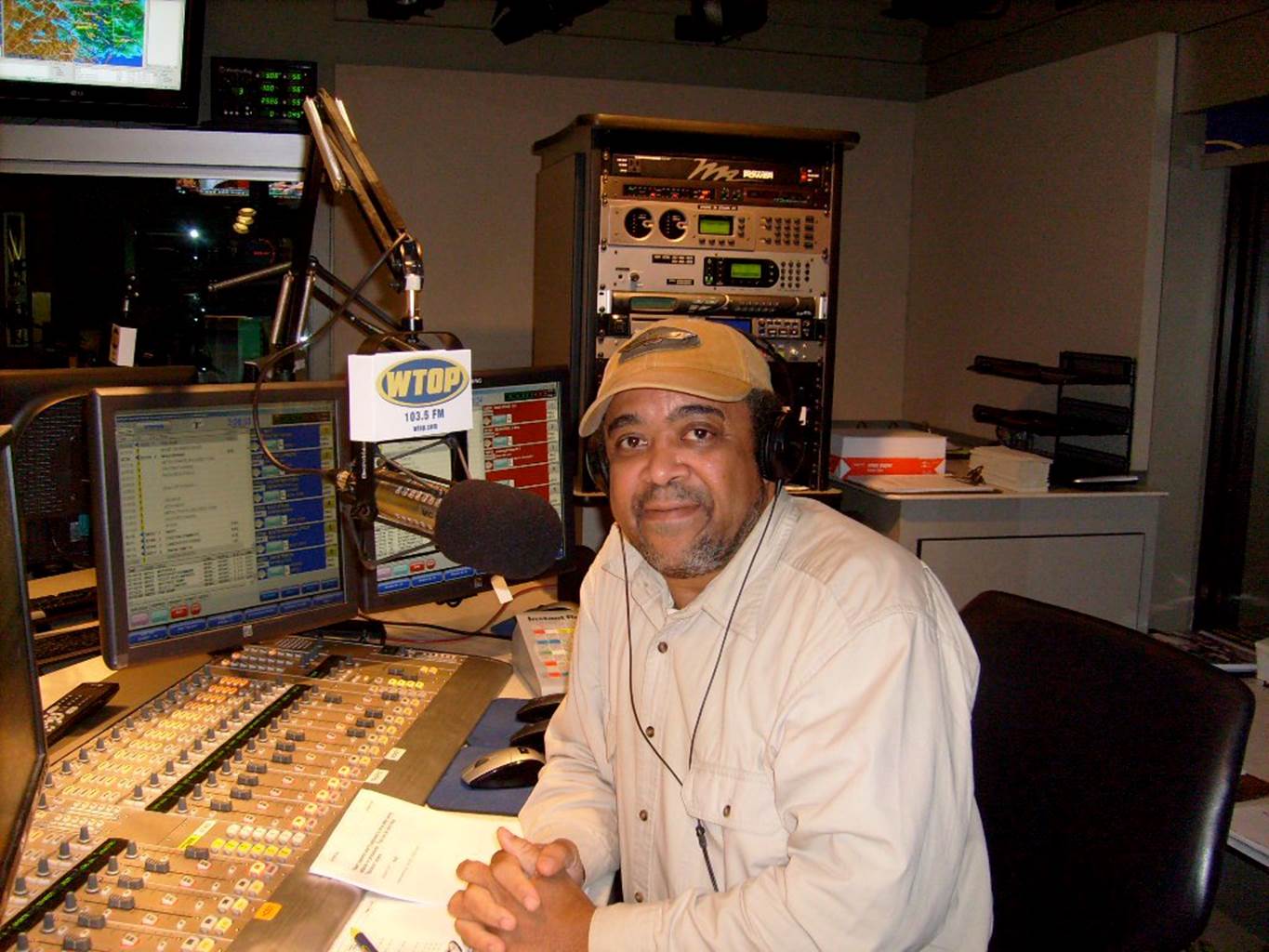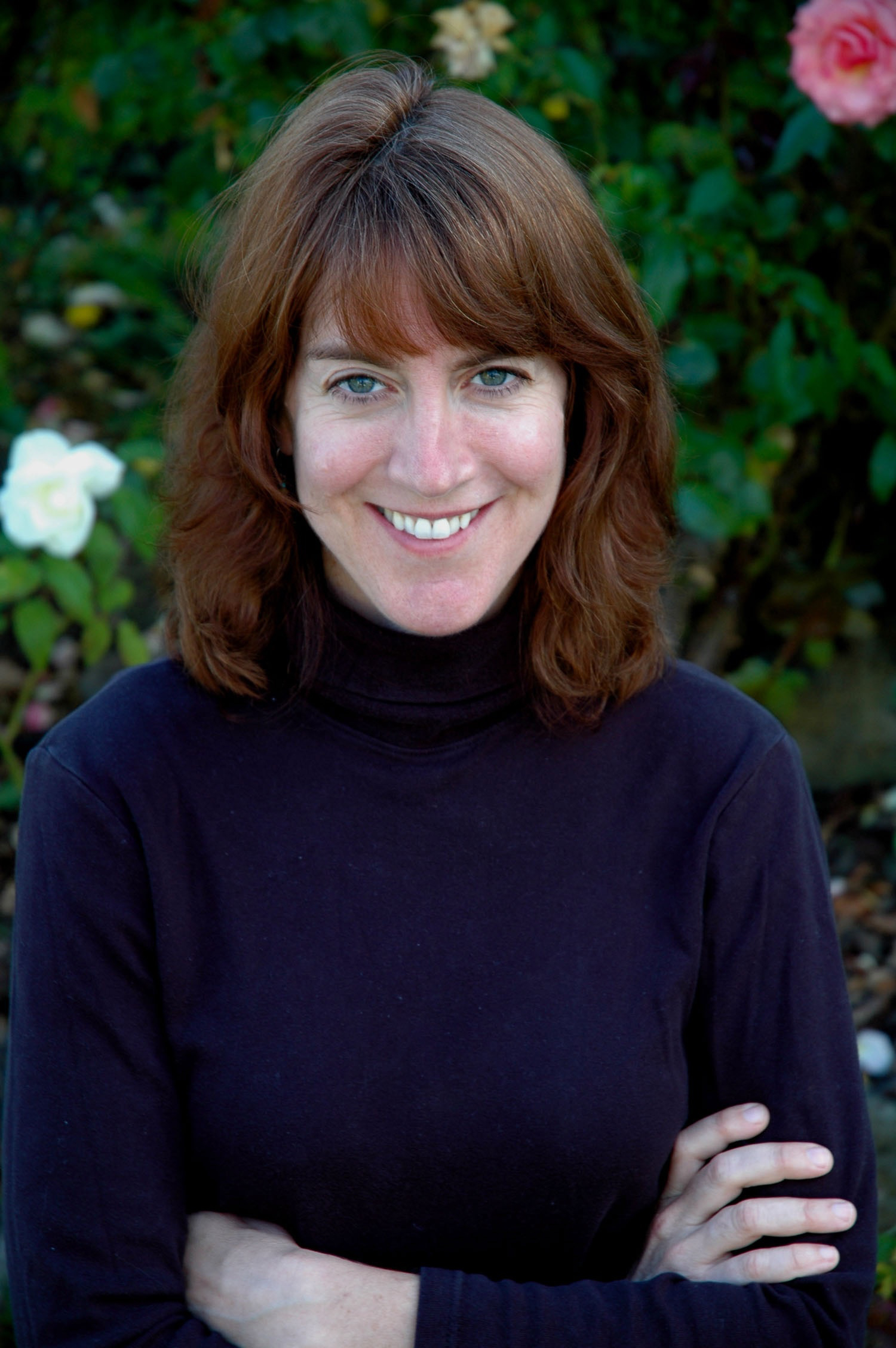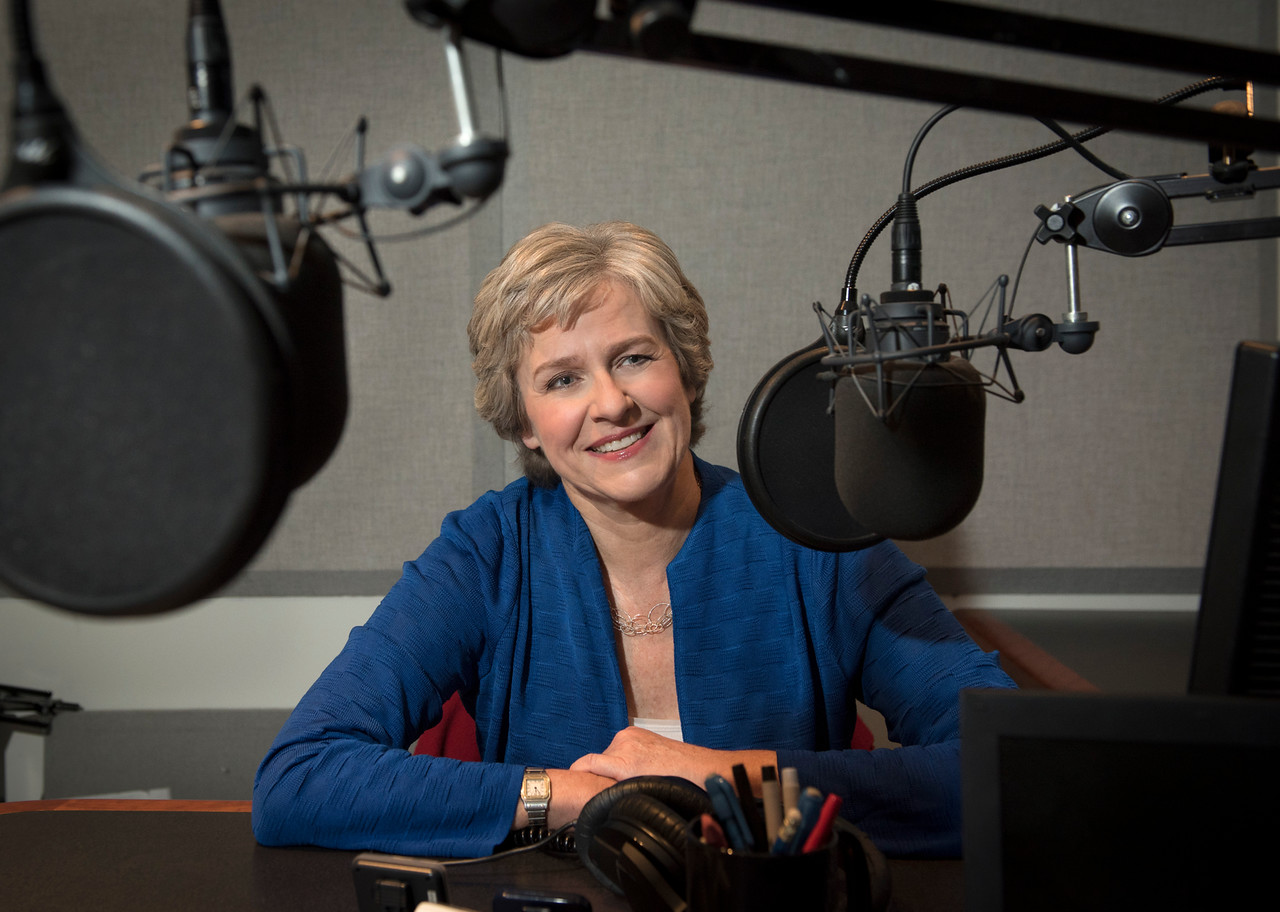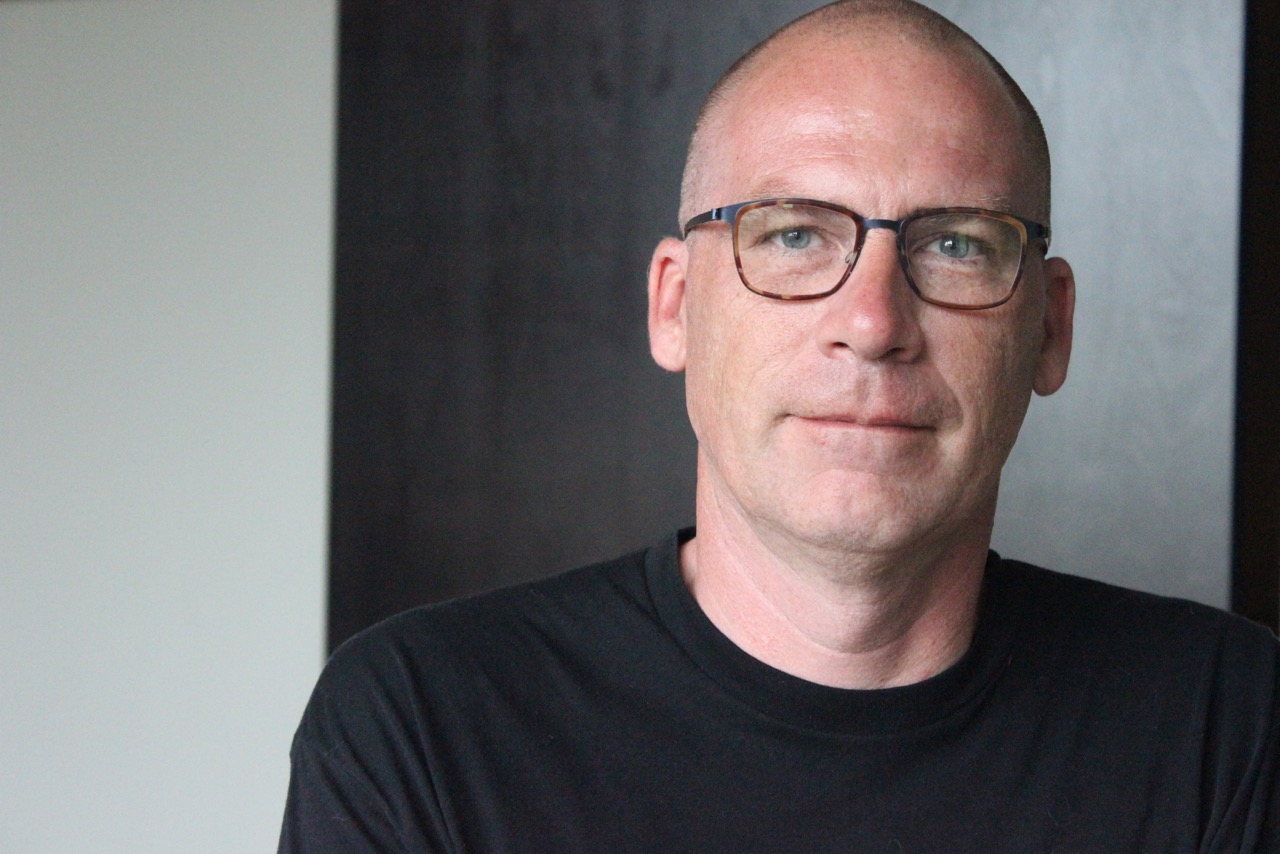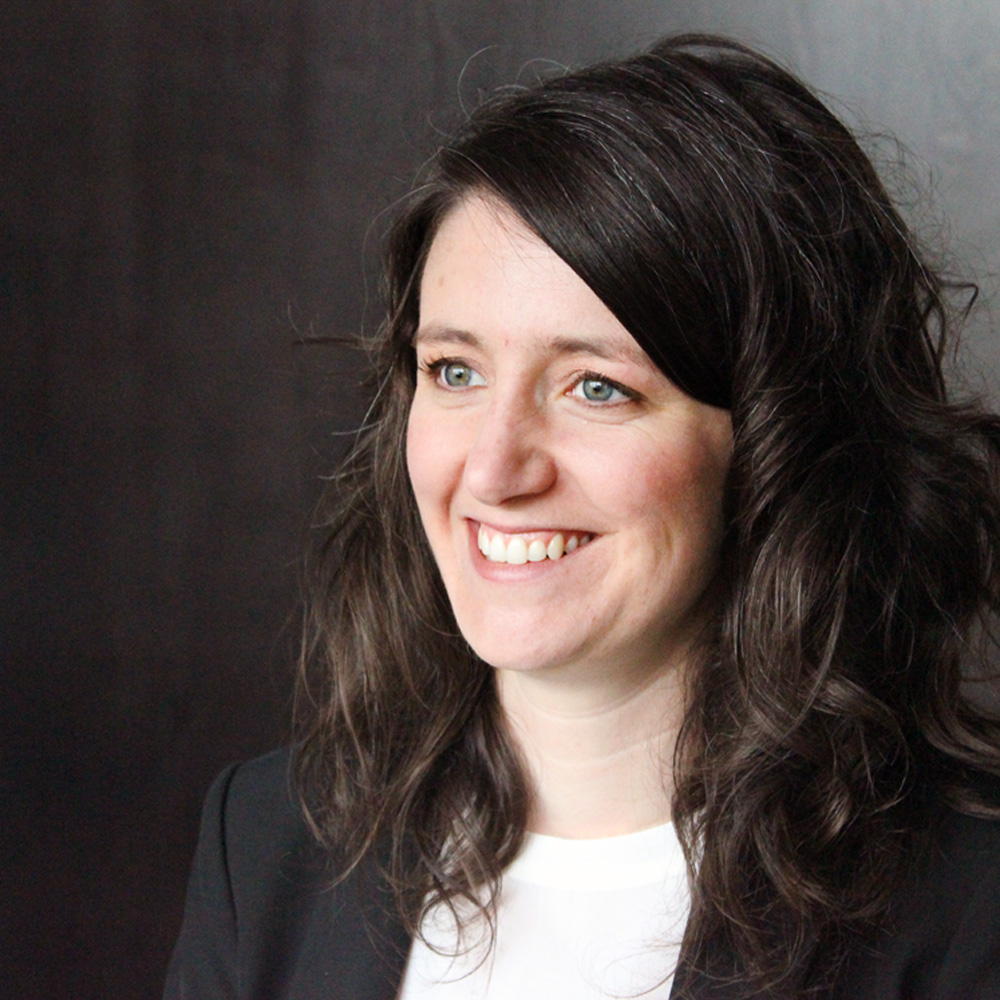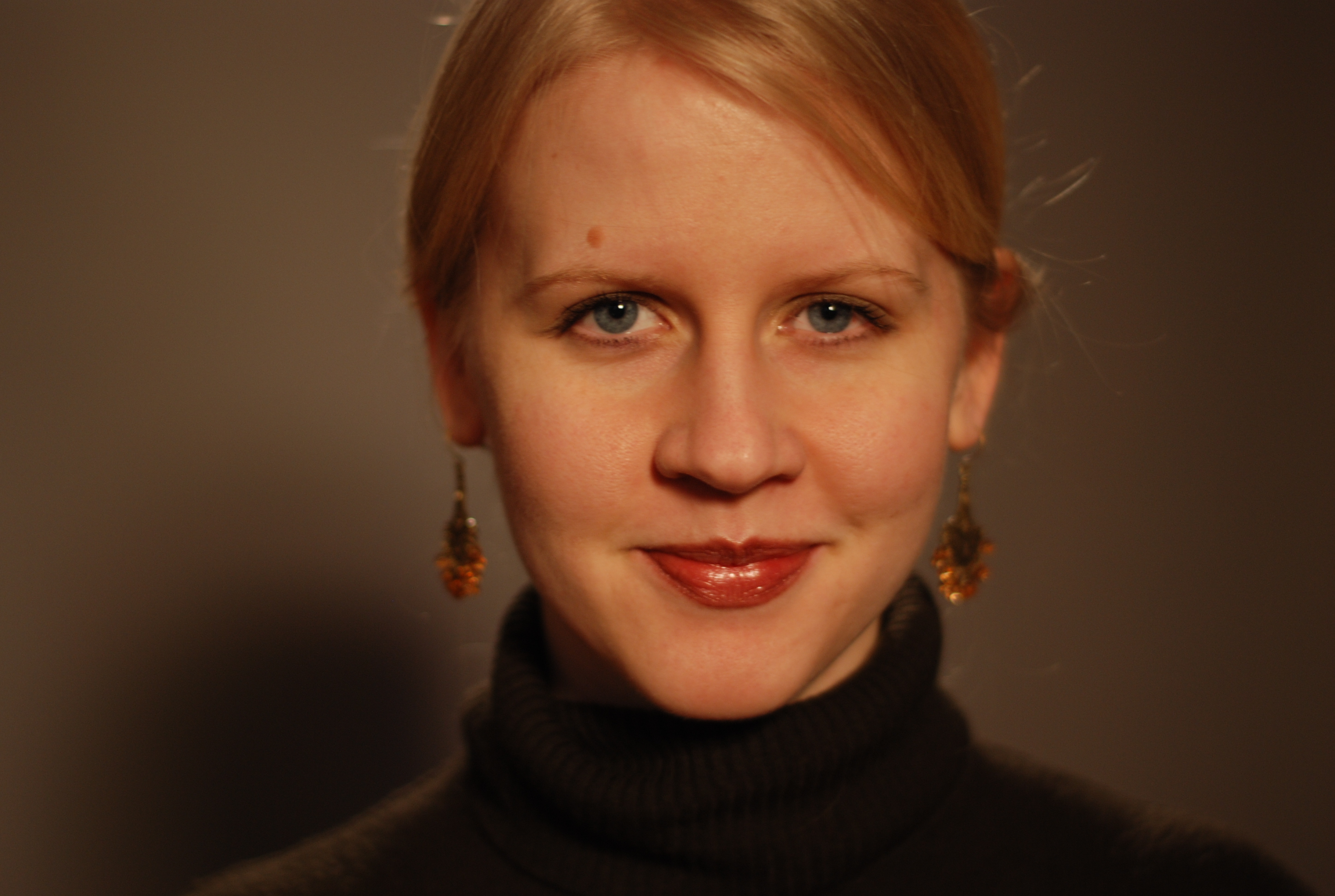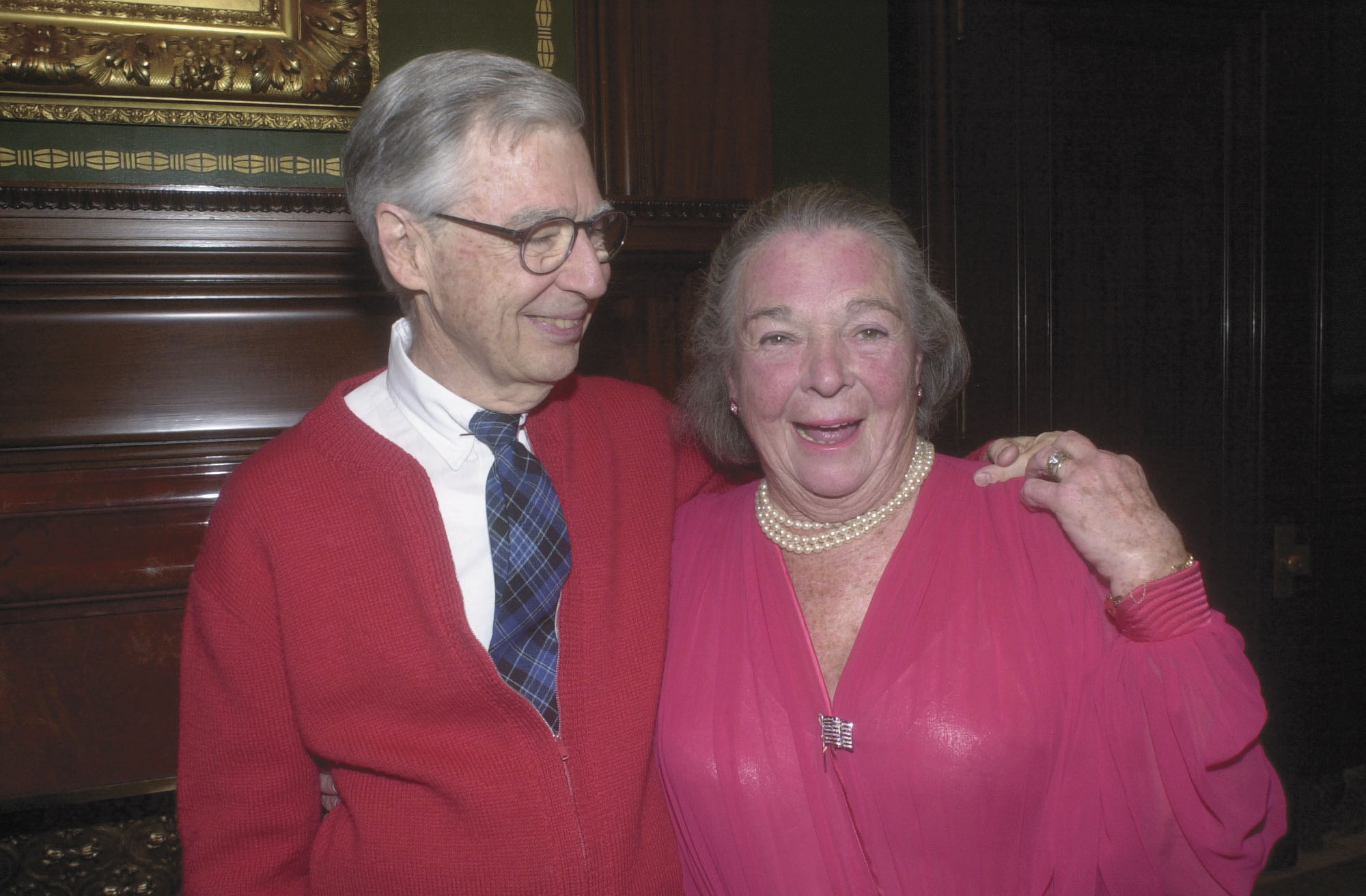People
Send your announcements about hirings, departures, fellowships and new adventures to people@current.org.
Rhode Island Public Radio hires Torey Malatia as president
Malatia was formerly c.e.o. of WBEZ in Chicago.Tweets fly at ‘NewsHour’ co-host for remark on Iran nuclear deal
After criticism, Gwen Ifill elaborated on three words she attached to a White House retweet.Wayne Dyer, ‘one of PBS’s most successful fundraisers,’ dies at 75
Dyer’s 10 fundraising specials for public TV brought in more than $200 million for stations.James White, public radio newscaster, dies at 60
White worked for more than 24 years at WAMU in Washington, D.C.Julie Shapiro heads to Radiotopia, baseball veteran joins KET, and other comings and goings in ...
Shapiro co-founded the Third Coast International Audio Festival.Audible scoops up content team from ‘Radiolab’, public radio
A former NPR exec brings three radio producers to the digital media company.Vossen rises at ‘Independent Lens,’ Gilliam directs radio at LPM, and other comings and goings ...
Lois Vossen, former deputy e.p. at the doc showcase, has moved up to executive producer.Tess Vigeland on her new book and leaving ‘Marketplace Money’
What would make you give up on your dream gig? The former Marketplace Money host had to answer that question for herself when she ...Sesame Workshop hires three executives, Met Opera radio gets a new voice, and other comings ...
Mary Jo Heath is only the fourth host of the Metropolitan Opera radio broadcast since 1931.PBS hires Shane Guiter as development v.p.
Guiter was previously c.o.o. at KCPT.WAMU hires Andi McDaniel as head of content
McDaniel comes from Twin Cities Public Television.Kartemquin’s Justine Nagan to lead PBS’s ‘POV’
Nagan succeeds Simon Kilmurry, who left July 6 to head the International Documentary Association.Elsie Hillman, avid WQED supporter and longtime philanthropist, dies at 89
Hillman “was part of the WQED family since before its inception,” said President Deborah Acklin.How a militant Puerto Rican activist group influenced public media
After raising hell in the streets of Spanish Harlem, several of the Young Lords got into broadcasting and journalism.NPR book critic Alan Cheuse dies at 75
“In two minutes every week, Alan paid his respects to good writing in his soft, intense, passionate voice.”



